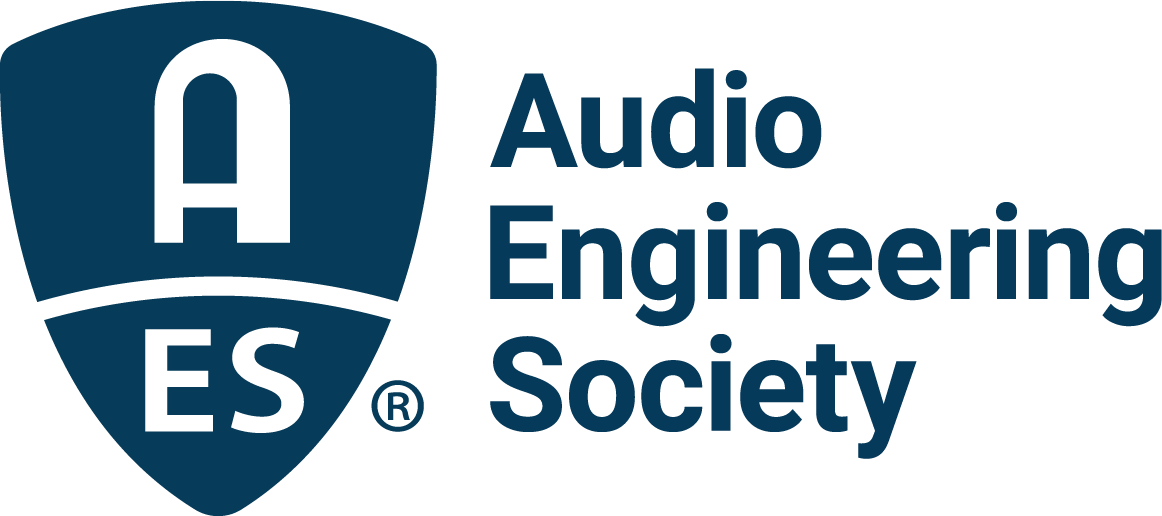May 13-15, 2023
Richard Heyser – The Man

1931 – 1987
Dick Heyser, president-elect of the Audio Engineering Society when he died in 1987, was an active member of the AES for almost three decades. He served as AES governor and at various times held all elected positions. Born in Chicago in 1931, he received a B.S.E.E degree from the University of Arizona and an M.S.E.E. degree from the California Institute of Technology. In 1956 he joined Caltech’s Jet Propulsion Laboratory, where he worked his entire career. His work involved communication and instrumentation design for all the major space programs at JPL, beginning with America’s first satellite, Explorer I.
Dick Heyser loved audio engineering. Although his job at the Jet Propulsion Laboratory was not directly involved in the field of audio engineering, he spent his vacations attending AES conventions and built an extensive acoustics laboratory in his home. He published a number of papers in the Journal of the Audio Engineering Society and served as a reviewer for the Journal. A fellow of the AES and the Acoustical Society of America, he was awarded nine patents in the field of audio and communication techniques, including time-delay spectrometry. His friends and colleagues universally admired his creative mind, his kindness, and his modesty.
His own words, from the preface of the paper he was preparing at the time of his death, best express the compass he used in his research: “Perhaps more than any other discipline, audio engineering involves not only purely objective characterization but also subjective interpretations. It is the listening experience, that personal and most private sensation, which is the intended result of our labors in audio engineering. No technical measurement, however glorified with mathematics, can escape that fact.”
